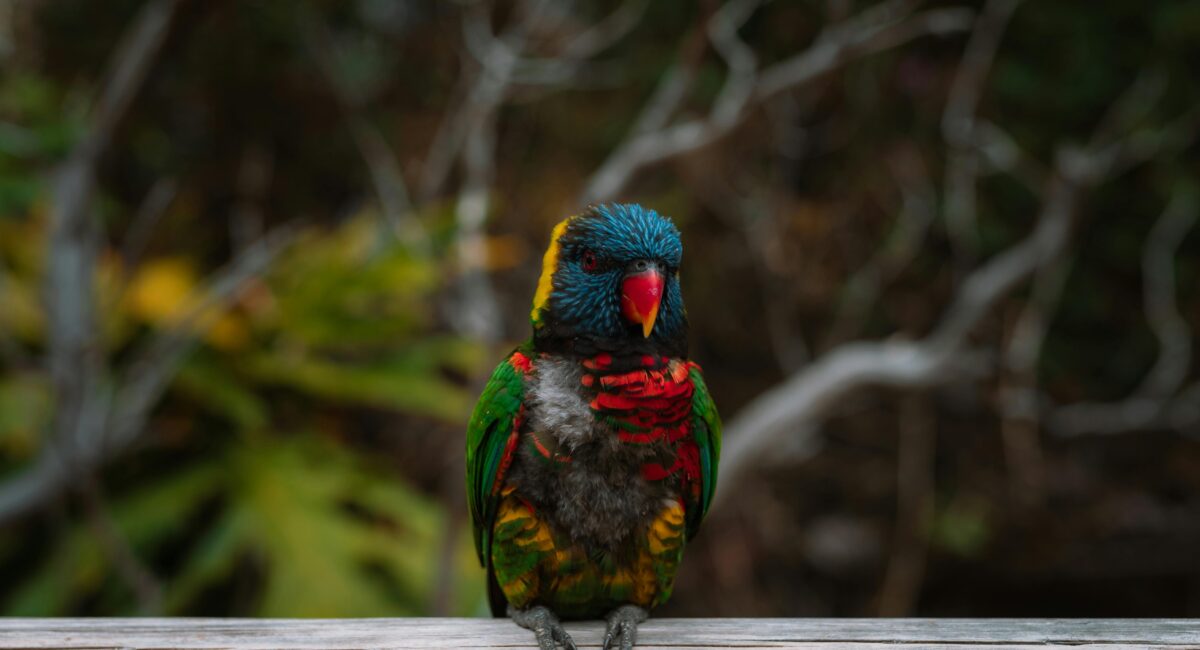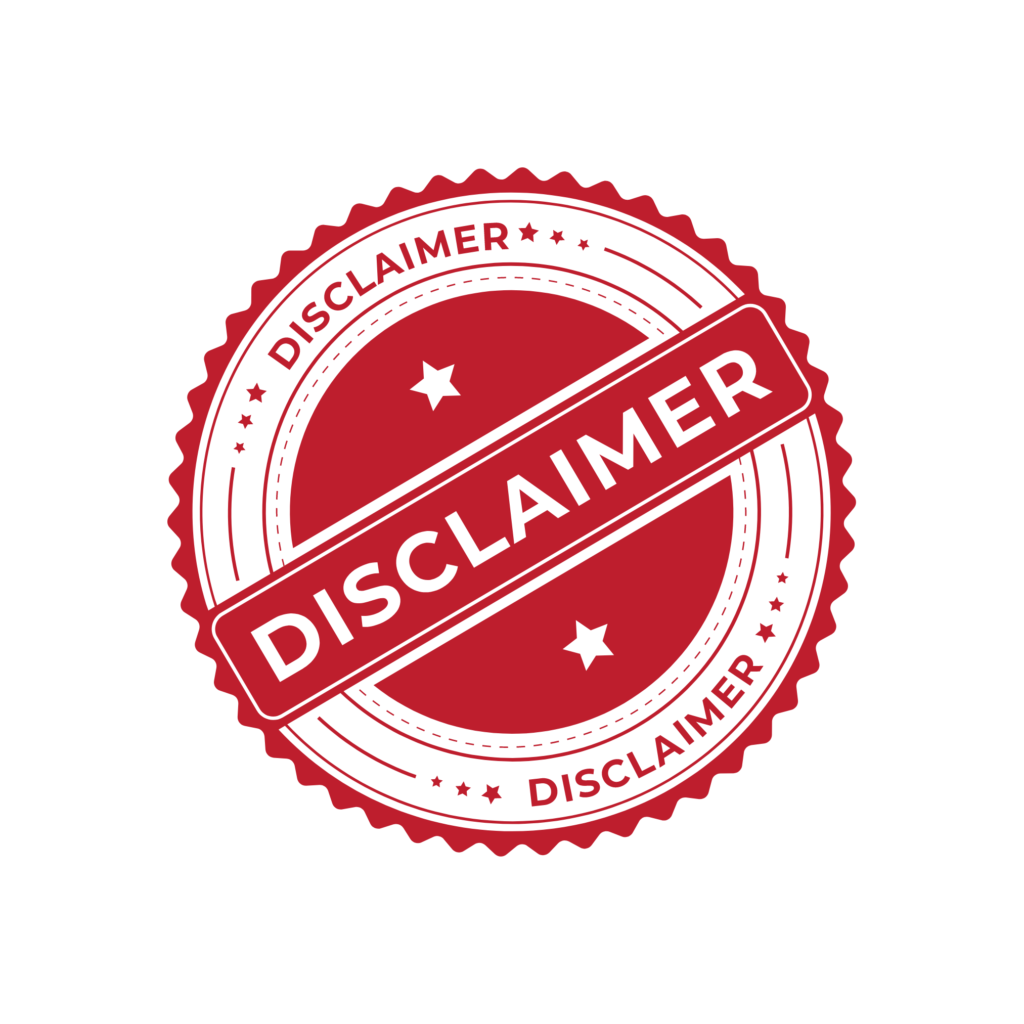Why Birds Pluck Their Feathers and How to Help
For every bird owner, feather plucking can be a distressing situation and a major health concern. I’ve never faced this situation but I’ve done a lot of research for early prevention. It’s a very common behavior and knowing how to address it is very important for our feathered friend’s well-being! In this article, I’ll share why birds pluck their feathers and how to help them from this situation.
What is Feather Plucking?
Most people call this feather picking. When birds excessively groom themselves to the point of damaging or removing their feathers is known as feather plucking. This kind of behavior can lead to bald spots and skin injuries.
Feather plucking, also known as feather picking, occurs when birds excessively groom themselves to the point of damaging or removing their feathers. This behavior can lead to bald spots, skin injuries, and secondary infections. But why do birds engage in such harmful activities?
How to Identify Feather Plucking (Symptoms)
Now, you might wonder how to identify your bird’s feather plucking. Some common symptoms are:
- Broken, Frayed, or chewed feathers.
- Typically the chest, back, and wing feathers are missing.
- Excessive grooming or preening.
- Red, swollen, or breeding skin where feathers have been plucked.
- Increased aggression, anxiety, and screaming.
- Weight loss.
- Less interest in playing, flying, or interacting.
Common Causes of Feather Plucking
Behaviral Issues (Stress and Anxiety)
One of the most common causes is stress and anxiety. Stress comes from many reasons. If you change in a bird’s environment, such as moving to a new home, rearranging furniture, or introducing new people or pets, can trigger their stress.
Another way stress comes from a lack of mental stimulation. We all know that birds are intelligent creatures. To avoid boredom they need regular mental and physical stimulation. Boredom brings stress which can lead to feather plucking as a form of self-soothing.
Health Issues
Sometimes liver dysfunction and kidney failure can lead to skin irritation and feather plucking. Some other diseases like tumors, metabolic bone disease (caused by lack of calcium and vitamin D), heavy metal toxicity, and chronic pain (conditions like arthritis or internal organ disease) can be major factors for feather plucking.
Infectious Diseases
Some common viral infectious diseases like Psittacine beak and feather disease (circovirus) can affect the immune system, feathers, and beak of birds. Polyomavirus also affects birds, especially young birds could cause feather plucking. Giardia is another parasitic infection that can cause gastrointestinal distress and secondary feather plucking due to discomfort and itching.
Parasites and Food Allergies
Sometimes feather plucking might not come from stress or anxiety. Some other parasites such as mites, and lice can cause itching and discomfort. This situation can lead to plucking their feathers. Also if your bird is allergic to certain foods, or dust can be a reason for feather plucking.
Nutritional Deficiencies
This is very important; because, a lack of essential nutrients can affect a bird’s overall health, mostly their feather quality and skin condition. If you can’t provide nutrients to them, their feathers may become dull, brittle, and prone to breakage. In this case, dry or poor skin can lead to irritation and itching and can result in feather plucking.
Seeking Attention
Sometimes birds pluck their feathers to seek attention. They want to get more attention from their favorite owners. Also, some birds develop compulsive behaviors due to prolonged stress or anxiety.
How to Help Your Bird
Until now we know everything about feather plucking. So it depends on multiple factors such as a combination of environmental modification, and dietary changes, and can be a medical intervention. Here are some practical steps to help your bird:
- Provide a variety of toys, puzzles, and activities to keep them busy. It’s better if you rotate them at least once a week to avoid boredom.
- It’s better if you spend some quality time with them. Social interaction helps their mental well-being.
- Try to find a quiet and safe place for your birdcage. Loud noises and other pets can create fear or stress, which causes feather plucking.
- Always pay attention to their diet and nutrition. Offer a diet rich in fruits, vegetables, and high-quality pellets. It’s better to avoid seed mixes from their regular food list.
- You might need some supplements, but make sure it’s vet-approved and suggested by any experts.
- Always be sure that your bird and bird cages are free from parasites or mites. take an appropriate treatment if find any.
- Sometimes birds are allergic to some specific food or environment. If allergies are suspected, work with your vet to identify and eliminate allergens from the environment.
- Finally, the vet comes on our list. Always try to keep in touch with the vet to catch any potential health issues.
Behavioral Training and Support
If you are one of us, who loves to train our birds, use positive reinforcement to encourage their good behavior. Give them extra attention and reward them with treats for not plucking their feathers. Keep teaching them more tricks and games to get them busy with something. Distracting them with their favorite toys can be a great way to redirect their attention. Also, keep in touch with any avian behaviorist who can help you provide more training and support.
Another great way to train your bird is by creating a consistent routine. Maintaining a daily consistent routine for feeding, playing, bathing, and sleeping can help reduce stress. Be patient and consistent in your training and effort, birds thrive on routine and predictable interactions.
When to Seek Professional Help
Let’s say none of these above methods work for your birds. Which means it’s time to seek professional help. These are very basic and primary methods that can be applied in primary stages. Find an avian veterinarian in your nearby location and explain to them your bird’s behavior. Remember, persistent feather plucking can be a sign of underlying medical or physiological issues that require expert intervention.
How Veterinarian Helps Feather Plucking
So, there are certain ways that veterinarians diagnose feather plucking in birds. Here’s the breakdown of the steps involved:
- First, they want to know the bird’s comprehensive history by asking some questions to the bird owner. The questions are based on their diet, nutrition, living environment, and behavioral patterns.
- They do some physical examination such as skin infection or irritation, parasites, lumps, or abnormalities that could contribute to the behavior.
- If necessary, sometimes they recommend some blood test, skin scraping, or skin biopsy.
- X-rays or endoscopy may not be necessary, but they might do it if they suspect any internal issue such as an internal tumor, any foreign material, or respiratory diseases.
Based on the problem your veterinarian may prescribe some antibiotics, multivitamins, or behavioral modified medication. Keep following up on your veterinarian’s medication and advice for your bird’s ultimate health.
Additional Resources
Feather Plucking – What Is It And How To Stop It?
Bird Feather Plucking: What to Know


